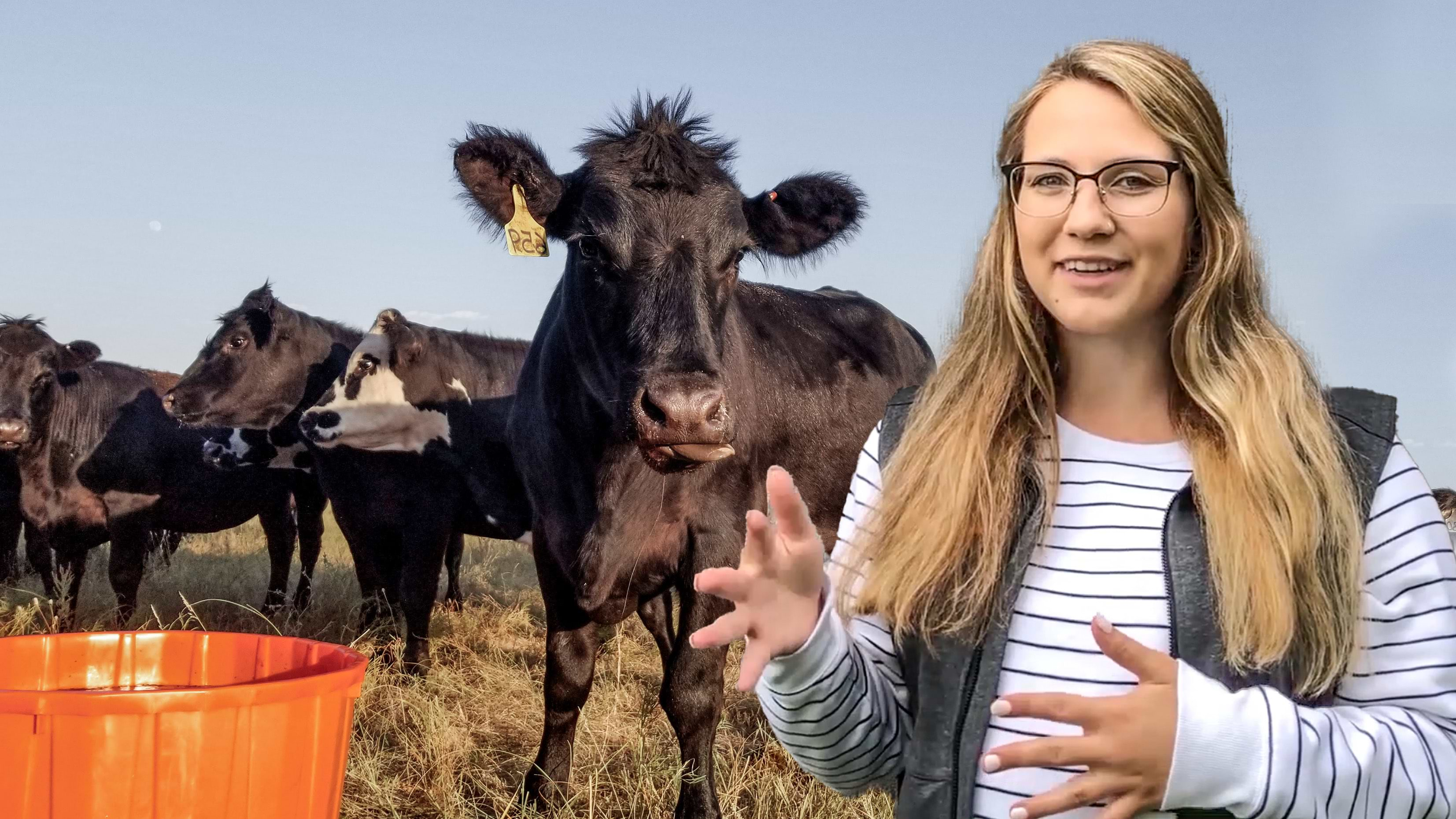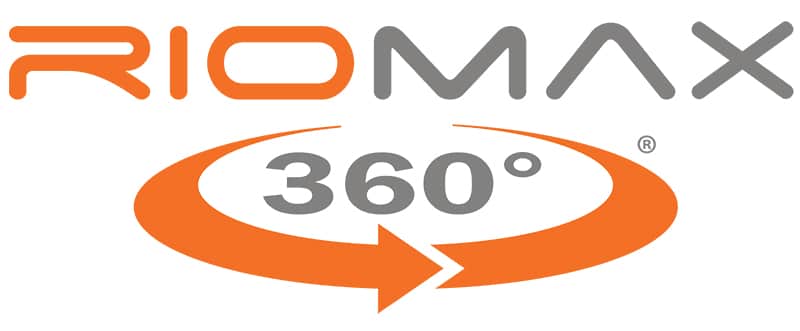Last updated on October 6th, 2023 at 11:22 am
2.5 minute video about saliva production

Are you curious to know how saliva production impacts cattle digestibility? Stay tuned.
We’re going to briefly discuss not only how saliva production impacts digestibility, but also how Riomax® lick tubs impact saliva production and therefore, how cattle digest their feedstuffs.
Digestibility of forages and feed is critical in the cattle industry. The more nutrients and nourishment you can pull out of every mouthful, the better it is for your cattle and ultimately, your bottom line.
Why is saliva production important?
Saliva is the first chemical contact that that feed and forage hit when they enter the cows’ system. The cow takes a bite mechanically, and then the first thing that hits the feed is saliva in the mouth. There are 3 main things that saliva impacts:
- Aids in the chewing and swallowing of the feed and forage.
- Contains enzymes to help break down the feeds and forage.
- Helps to regulate the pH of the rumen for optimal digestion.
The impact on saliva production.
By design, Riomax® lick tubs are highly concentrated and low consumption. It is a very dense tub, which means the cattle can not bite, chew or inhale but rather have to lick with their tongue to get up to the daily 1/8 to 1/3 pound intake that they need. When cattle lick more, they also produce more saliva, the licking action just naturally stimulates saliva production. Saliva is the start of the digestive process every single day for that cow. A cow produces between 10 - 45 gallons of saliva per day! This means that if the diet is such there could be a very low amount of saliva being produced and thus a digestion system that isn’t running at maximum efficiency. Using an extremely dense supplement product like Riomax® will increase licking action and in turn increase daily saliva production.
What makes Riomax different? Many other tubs on the market are of softer consistency, and cattle are more likely to nibble and bite into the product. This, in turn, does not stimulate licking action, and further, less saliva production. It simply means that a softer tub is not going to help as much with digestibility from a saliva standpoint. Saliva plays a vital role in reducing the fluctuations of the rumen pH. With a consistent pH level between 6 and 7 the rumen environment is in an optimum state for fermentation and forage digestion.


